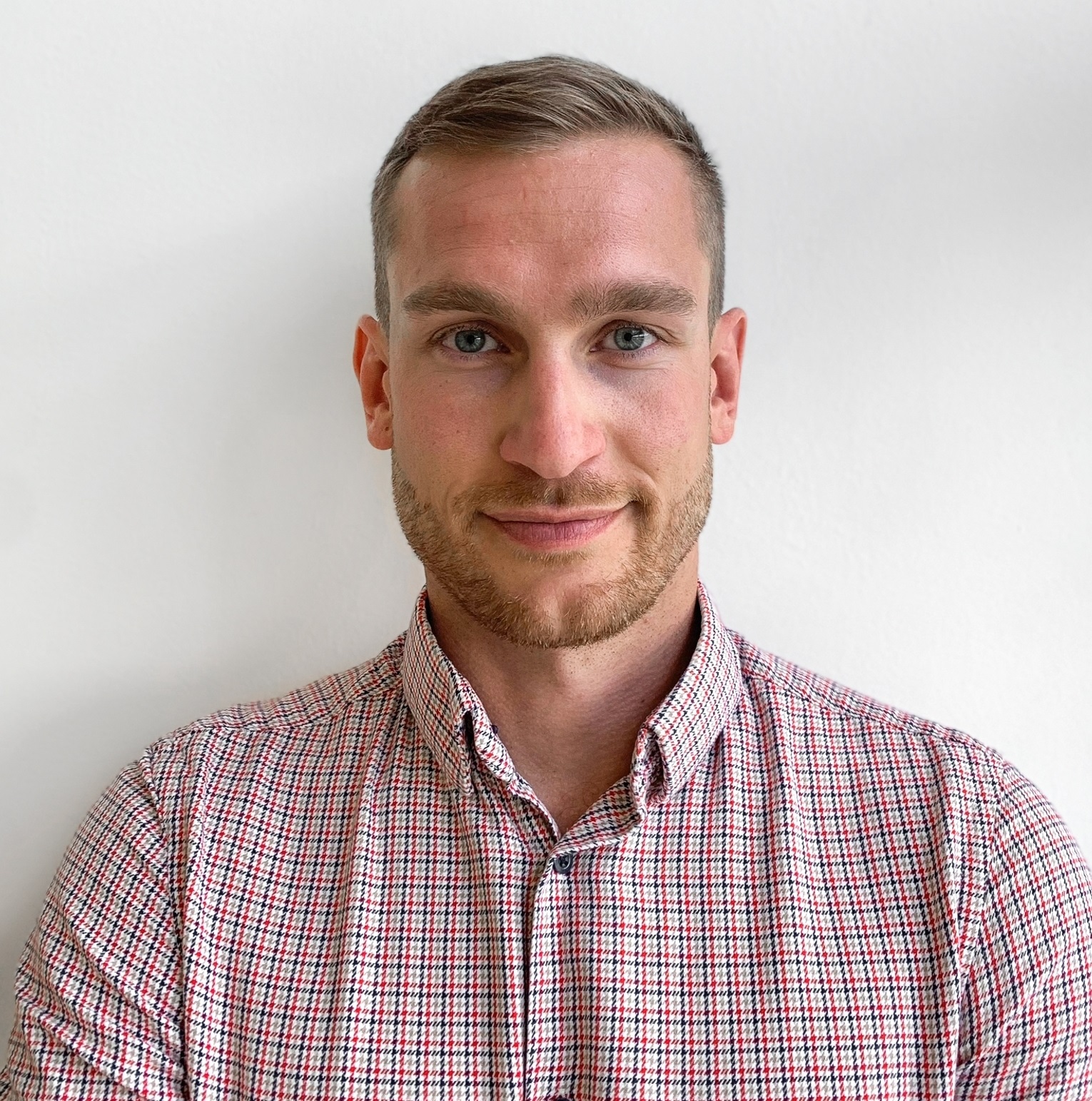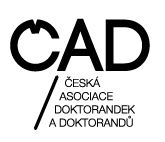Interview with doctoral researcher Zbyněk Mucha
Next in our series of mini-interview with fellow doctoral researchers that you can read is with Zbyněk Mucha, a member of the ČAD Board.

1. Why did you decide to pursue a PhD and what is your research topic?
I completed my undergraduate and graduate degrees in Indology, specialising in the Bengali language. My graduate thesis drew upon ethnographic research on Bangladeshi migration to Europe. Once I finished my fieldwork in Bangladesh, I realised there was much more to explore. So, I applied for a PhD to build upon my research and delve deeper into the subject. It just did not feel right to stop when everything was starting to get exciting. For my dissertation, I am focusing on the role of migration brokers in the contemporary migration from Bangladesh to Central Europe, specifically Czechia and Poland.
2. What problems and challenges do you encounter in your doctoral studies and what motivates you in your work?
I am convinced that the problems and challenges I encounter are similar to those faced by other doctoral students in Humanities. These issues stem from the structural framework of the PhD studies in Czechia. I am not the only one to think that the major problem is the severe underfunding of Humanities research, which consequently gives rise to many challenges. At the beginning of my studies in 2018, my scholarship was around 400 euros. As far as I remember, previous cohorts received approximately 250 euros. Additionally, unless you are lucky enough to have a supervisor working on a project that they involve you in, your starting position can be, to put it mildly, inconvenient.
There are some generous external scholarships, but their availability is quite limited. If you are fortunate enough to receive one, it might be a challenge to navigate peacefully your personal and professional life, as these scholarships often require you to spend long periods abroad. At the same time, not having a stable income might be a source of anxiety. But it is not an insoluble situation. One of the positive aspects of pursuing PhD is the flexibility it offers. Also, you do what you find meaningful, and you have an opportunity to travel literally around the whole world. What motivates me is that I can dedicate my time to questions and topics that resonate with me.
3. Why did you decide to become a member of ČAD?
The passion and dedication of the ČAD board members to improve conditions for doctoral students are contagious! As current and former PhD students, we have much in common, and I was happy to join an initiative aimed at positive change. Also, from my experience with NGOs, I have learnt that what really matters is the team effort, and ČAD works as a healthy team.
